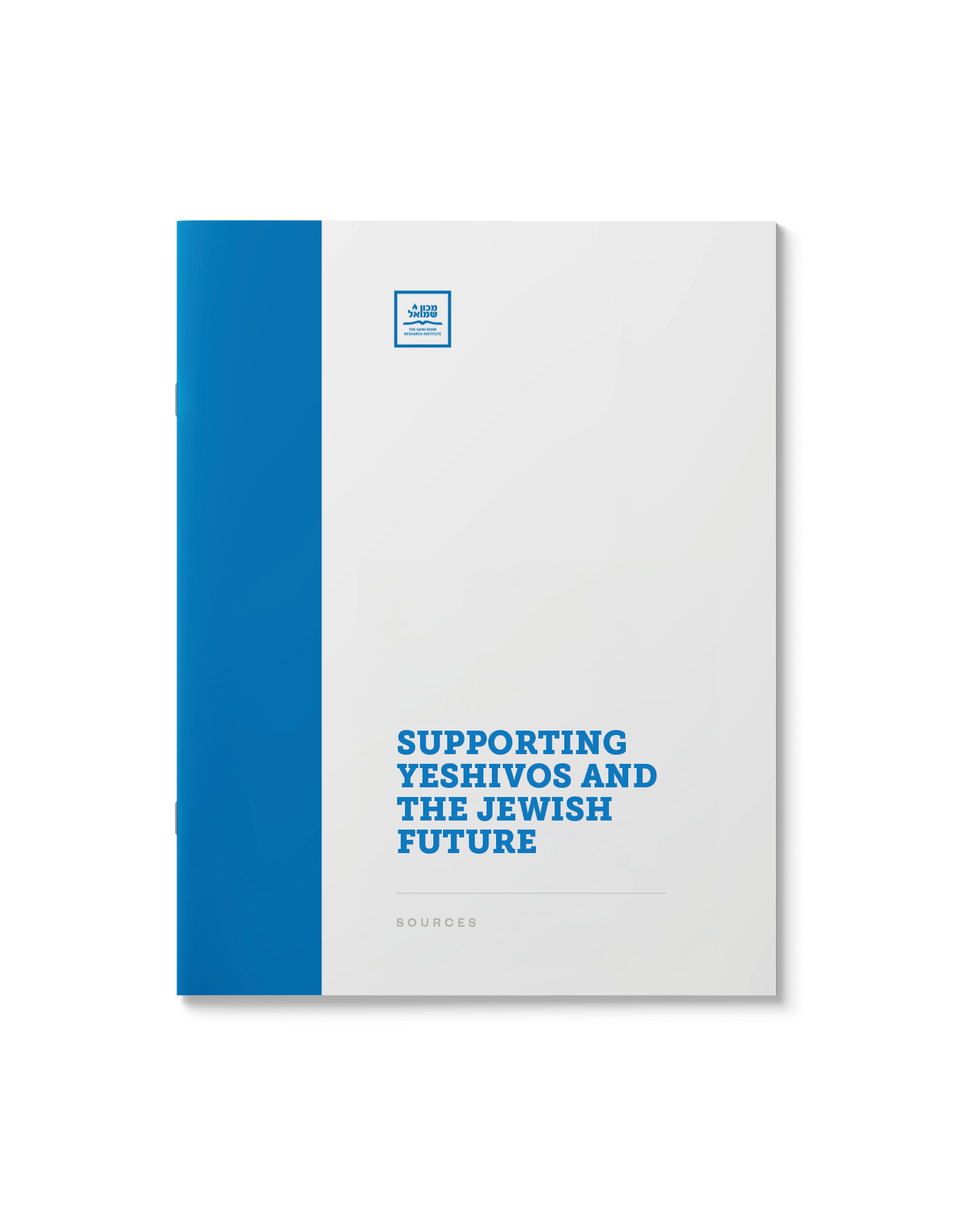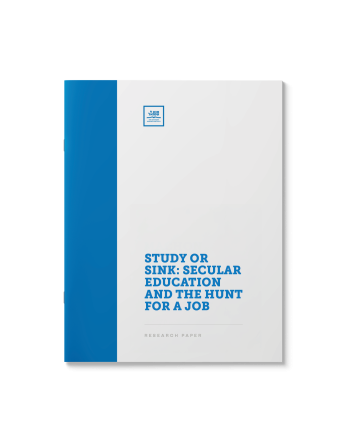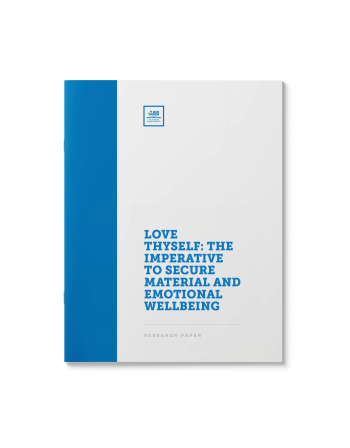Supporting Yeshivos and the Jewish Future (Sources)
$39.00
A Yeshiva is the mainstay of the Jewish community. The Rebbe would often encourage people to support Yeshivos in a myriad of ways, be it by encouraging enrollment, assisting with financial support, and the like. This features a collection of the Rebbe’s talks on the importance of supporting Yeshivos.
| Language | English |
|---|---|
| Paper Type | Sources |
| Pages | 46 |
Related Products
Judaism generally eschews secular education at the expense of Torah study. The reality, though, is often that one must gain some education or skill in order to make a livelihood. What does Jewish law say about this? What are the limits? How do we balance dogma with daily life?
Related: Studying the Secular: The Soul of the Matter
What does the Torah stand on narcotics and other illegal substances? Would halacha demand that government intervene and regulate its citizens’ drug use? Or perhaps it is better to legalize such things, allowing addicts to escape a life of crime and perhaps start on the path to recovery?
What do Torah sources require in maintaining a high standard of cleanliness, particularly with regard to food preparation?
(Hebrew)
Joy is one of Judaism’s highest placed values. See why from a range of perspectives including halacha, mussar, and Chassidus. The Baal Shem Tov’s unique emphasis on simcha rounds out this broad discussion.
An interesting look at man’s obligations to himself. What does Jewish law demand of him to do to better his lot in life? A survey of the financial, emotional and health precautions that one must take.
In recent decades, thousands of Jews have gravitated to the East in pursuit of spiritual enlightenment. More recently, several Eastern Practices have been secularized, popularized, and repackaged as physical and meditative exercises. Does this make them kosher? Which practices are problematic and should be avoided? And what was the Rebbe’s response to the popularization of Yoga and Transcendental Meditation back in the ’70s?
(67 pages)
Submitted by a Shliach in New York
Why is eating so important to Jewish people? Is there something holy about it? A comprehensive survey of the role that food and eating plays in Jewish life.
The Rambam is famous for suggesting that the unique status of the tribe of Levi can be shared by all those who devote their lives to Torah study while relying on others for their livelihood.
Many have sought to reconcile this lifestyle with various rulings of the Talmud and Shulchan Aruch, as well positions of Rambam elsewhere. What are the arguments for and against?
Does smoking violate our responsibility to protect our bodies? What about drinking alcohol? Do drugs fall into the same category? This paper examines the parameters of shmiras haguf and extracts the principles that inform halacha’s approach to the various ways of harming oneself.
Each individual is blessed with a unique vantage point through which to observe reality. But are there circumstances in which voicing those opinions is inappropriate accoriding to Torah law? What is the halachah about disagreeing with pre-eminent Torah sages?
Jewish ritual is rife with physical actions—such as standing, bowing, rising— which hint to the spiritual drama unfolding in the background. This paper takes a close look at several of these to gain an understanding of the complex interplay between man’s physical state and his spiritual state.
What is the purpose of dreams? Are their messages real? Is a dream about a Tzaddik to be considered fact or fantasy?
(Includes 88 pages of supplementary material)















